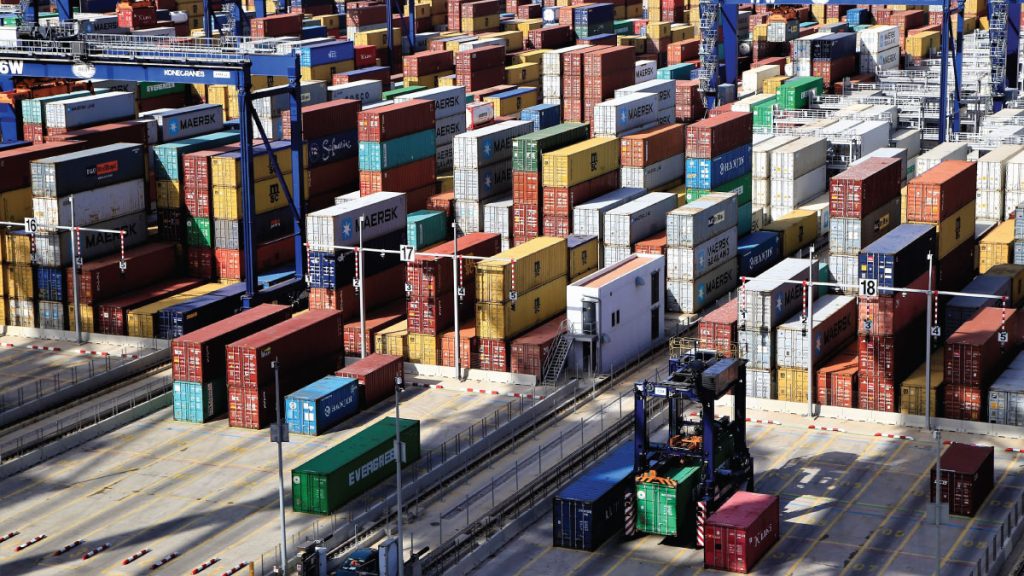Trade balance worsens to K230bn in Nov
Merchandise trade balance worsened to minus $147.4 million (K230.0 billion) in November 2023, published Reserve Bank of Malawi (RBM) data shows.
In its recent monthly economic report, the central bank data shows that the trade deficit rose from $131.9 million (K156.0 billion) reported in October 2023 to $176.4 million (K183.1 billion) registered in November 2022.

Said RBM in the report: “The wider trade deficit was a combined result of a drop in exports and growth in imports.”
During the review period, total commodity exports declined by seven percent to $123.9 million (K192.8 billion) in November 2023 from $133.2 million (K156.9 billion) in the preceding month and compared to $113.8 million (K117.6 billion) reported in the corresponding month of 2022.
The outturn in exports was explained by decreases in the sales of tobacco, sugar and pulses, which fell to $62.1 million (K96.7 billion), $2.0 million (K3.1 billion) and $1.6 million (K2.5 billion), from $65.3 million (K76.9 billion), $7.4 million (K8.7 billion) and $5.1 million (K6.1 billion), respectively.
However, RBM data shows that sales of tea slightly rose to $3.4 million (K5.3 billion) in the review month, from $3.1 million (K3.7 billion) in the previous month.
On the other hand, imports of goods grew by 2.3 percent to $271.4 million (K422.8 billion) from $265.1 million (K312.9 billion) recorded in October 2023, and compared to $290.2 million (K300.7 billion) registered in the same month of 2022.
The growth in imports was on account of increases in purchases of fertilizer and pharmaceuticals, which rose to $40.1 million (K62.4 billion) and $14.4 million (K22.4 billion) from $23.9 million (K28.2 billion) and $5.7 million (K6.8 billion), respectively.
Malawi’s export basket continued to be highly dominated by agricultural products, which accounted for 60 percent of the export basket.
Ironically, the most agricultural products, for instance, sugar and tobacco have been on the decline due to, among others, weather conditions.
Malawi Investment and Trade Centre chief executive officer Paul Kwengwere is on record as having cautioned that if left unchecked, the perennial deficits could worsen the country’s current account deficits and pile pressure on the kwacha.
He said: “In the medium to long-term, borrowing will affect the development of the country due to the debt repayment burden [the position the country is currently in].”
To rectify the problem, Kwengwere, whose organisation is mandated to provide policy direction on trade facilitation, said the country should focus on improving the current and capital account positions by increasing exports while simultaneously reducing imports.





